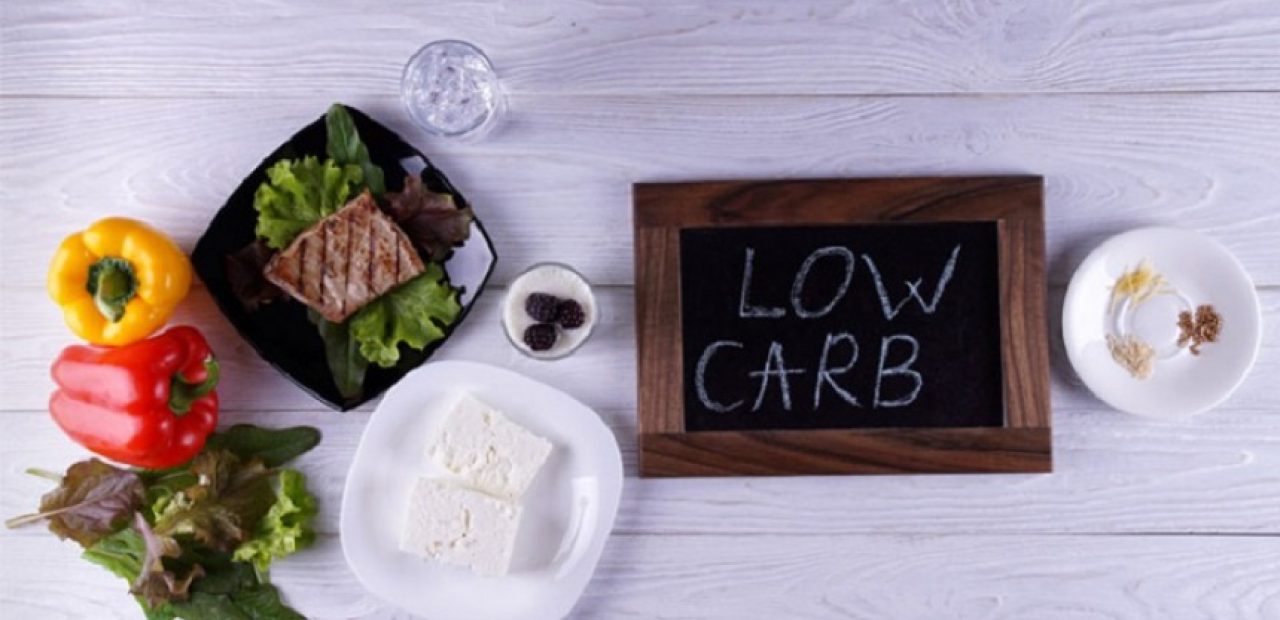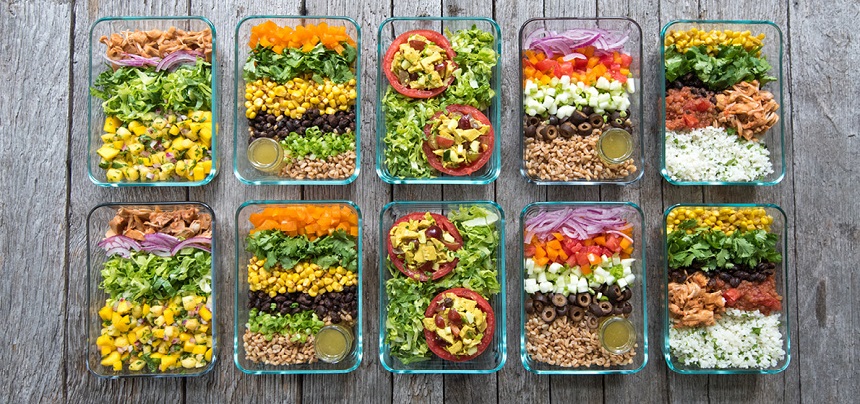How to Start a Low Carb Diet the Right Way
A low-carb diet certainly has its benefits. It can be a fast and efficient way to get rid of excess weight, and it can also help you address some serious health concerns such as high blood sugar. But as opposed to cutting calories, cutting carbs can be very difficult considering how the average Australian diet is based on bread, pasta, potatoes, and rice. To make it easier for you to reach your goals, here are some helpful tips on how to start a low carb diet the right way.
Plan Ahead
It’s a fact that changing your diet requires a great deal of preparation. While goals can help you get motivated, you need a great plan to help you stick to your new food regime. Because if carbs are the only thing available your pantry or fridge and you’re super hungry, it’s easy to forget all about your goals. With that being said, it’s important to remove all the foods that you shouldn’t eat and replace them with low-carb groceries.
A low carb meal plan for a week can be an excellent tool to ensure you always have the right things to eat. You can try preparing your meals in advance and later freeze them, or order a ready-made low carb meal plan delivered to your door. In any case, knowing in advance what you’re going to eat for your next meal will help you avoid making unhealthy choices, such as stopping at a fast food joint. It’s also helpful to have some low carb snacks around, like for instance berries and nuts.
What to Avoid
A common misconception is that a low carb diet is unhealthy as it eliminates a whole food group. The truth is, you don’t need (and mustn’t!) completely eliminate carbs from your diet. What you do need to eliminate are the bad carbs. There are two forms of carbs – complex and simple. While complex carbs have the benefit of making you feel full for longer and have a low glycemic index. On the other hand, simple carbs take a lot less time to digest and cause rapid and dangerous spikes in blood sugar. With that being said, it’s obvious that simple carbs are the ones to avoid. These carbs come from potatoes, white bread, white rice, pastry, sugar, sodas, and other highly processed foods.
And What to Include
Make sure to ingest complex carbs from whole-foods that are loaded with nutrients, like for instance whole-grains, beans, and fibre-rich fruits such as bananas. On the other hand, some healthy, low-carbs foods you can feel free to enjoy as much as you want are fish, eggs, nuts and seeds, all vegetables, oils, lean meats, berries, and unsweetened dairy products.


















